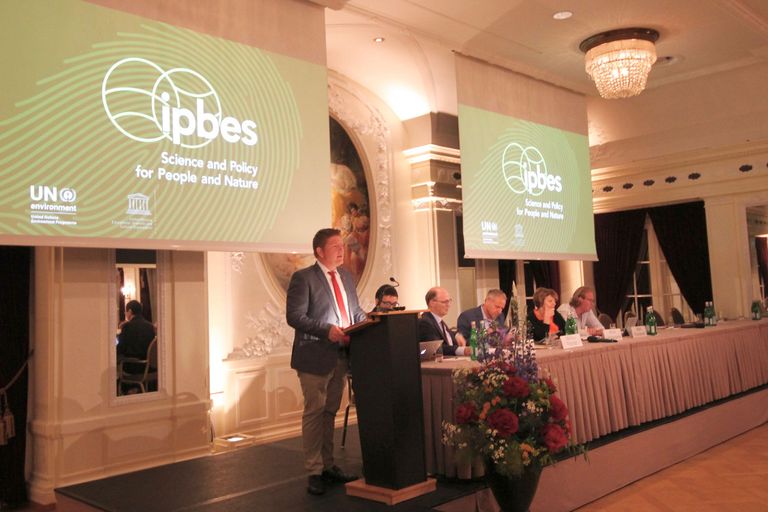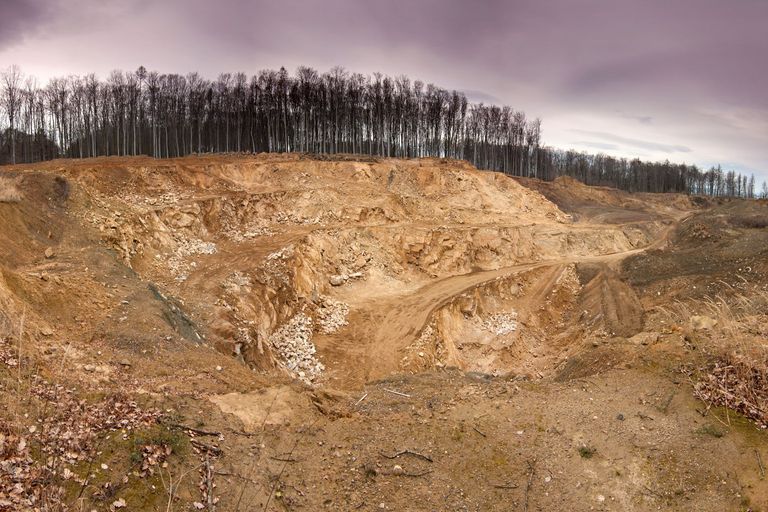Temi associati

Politicians can now act against biodiversity loss
On 6 June 2018 the IPBES report on Europa and Central Asia was presented to governments and stakeholders. The report summarizes the state of biodiversity and ecosystems services, and potential policy approaches in Europe and Central Asia.
Immagine: Michael Herger, SCNAT
Worsening Worldwide Land Degradation Now ‘Critical’, Undermining Well-Being of 3.2 Billion People
Worsening land degradation caused by human activities is undermining the well-being of two fifths of humanity, driving species extinctions and intensifying climate change. It is also a major contributor to mass human migration and increased conflict, according to the world’s first comprehensive evidence-based assessment of land degradation and restoration.
Immagine: Petr Baumann, shutterstock.com
Le Conseil mondial de la biodiversité adopte le rapport sur la situation en Europe et en Asie centrale
La biodiversité en Europe et en Asie centrale revêt une importance considérable pour la région, mais elle décline d’année en année. La qualité de la vie d’un nombre croissant de personnes est ainsi compromise à long terme. Telle est la conclusoin du premier rapport élaboré par le Conseil mondial de la biodiversité (IPBES) sur la situation en Europe et en Asie centrale. Les experts proposent plusieurs initiatives possibles et recommandent de davantage tenir compte, à l’avenir, de la biodiversité et des services rendus par la nature dans tous les domaines. Le rapport a été adopté le 22 mars 2018 à Medellìn (Colombie) ainsi que les rapports concernant l’Asie-Pacifique, l’Amérique et l’Afrique, et un rapport sur la dégradation du sol. L’IPBES, Plateforme intergouvernementale scientifique et politique sur la biodiversité et les services écosystémiques, synthétise ainsi pour la première fois la situation de la nature et les conséquences pour l’être humain dans le monde entier.
Immagine: Schwanden GL von Ulrich Wasem/WSL
